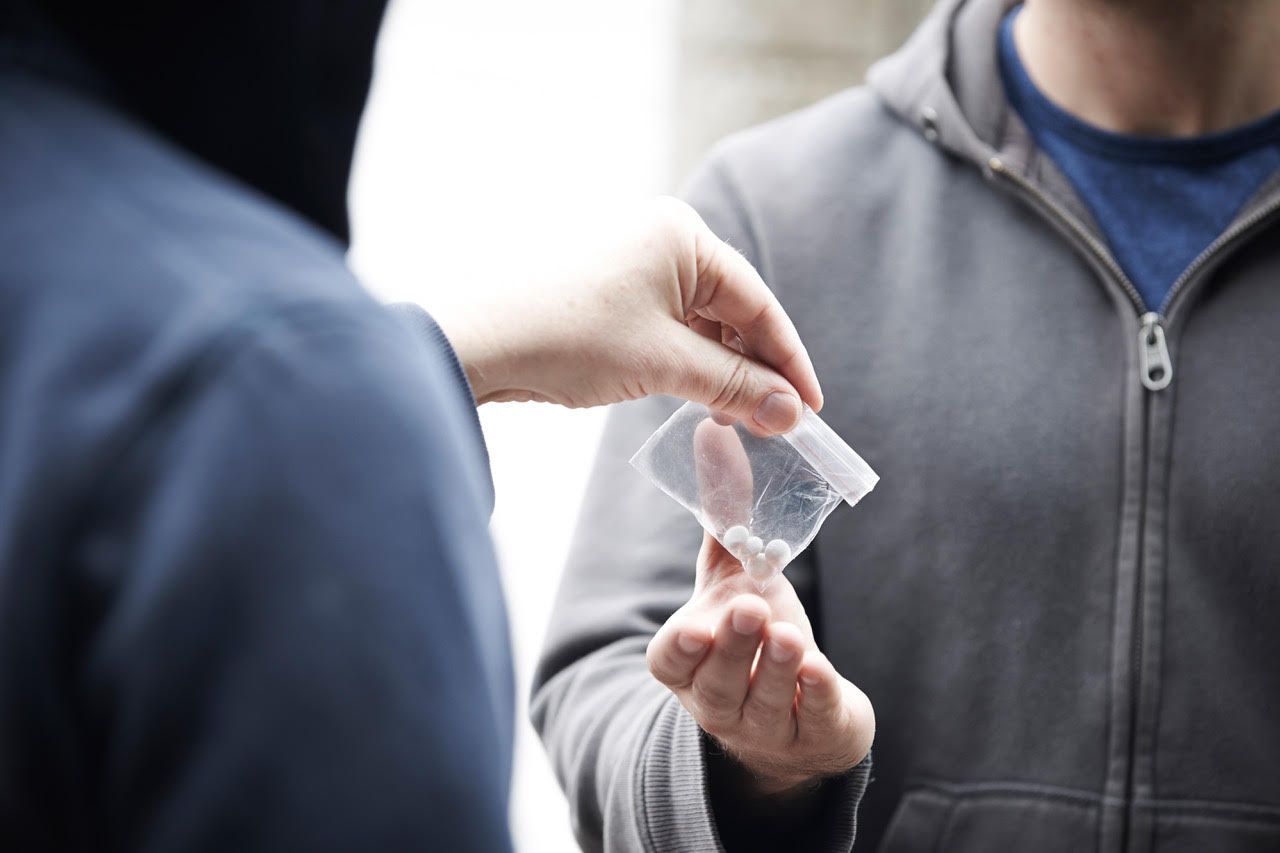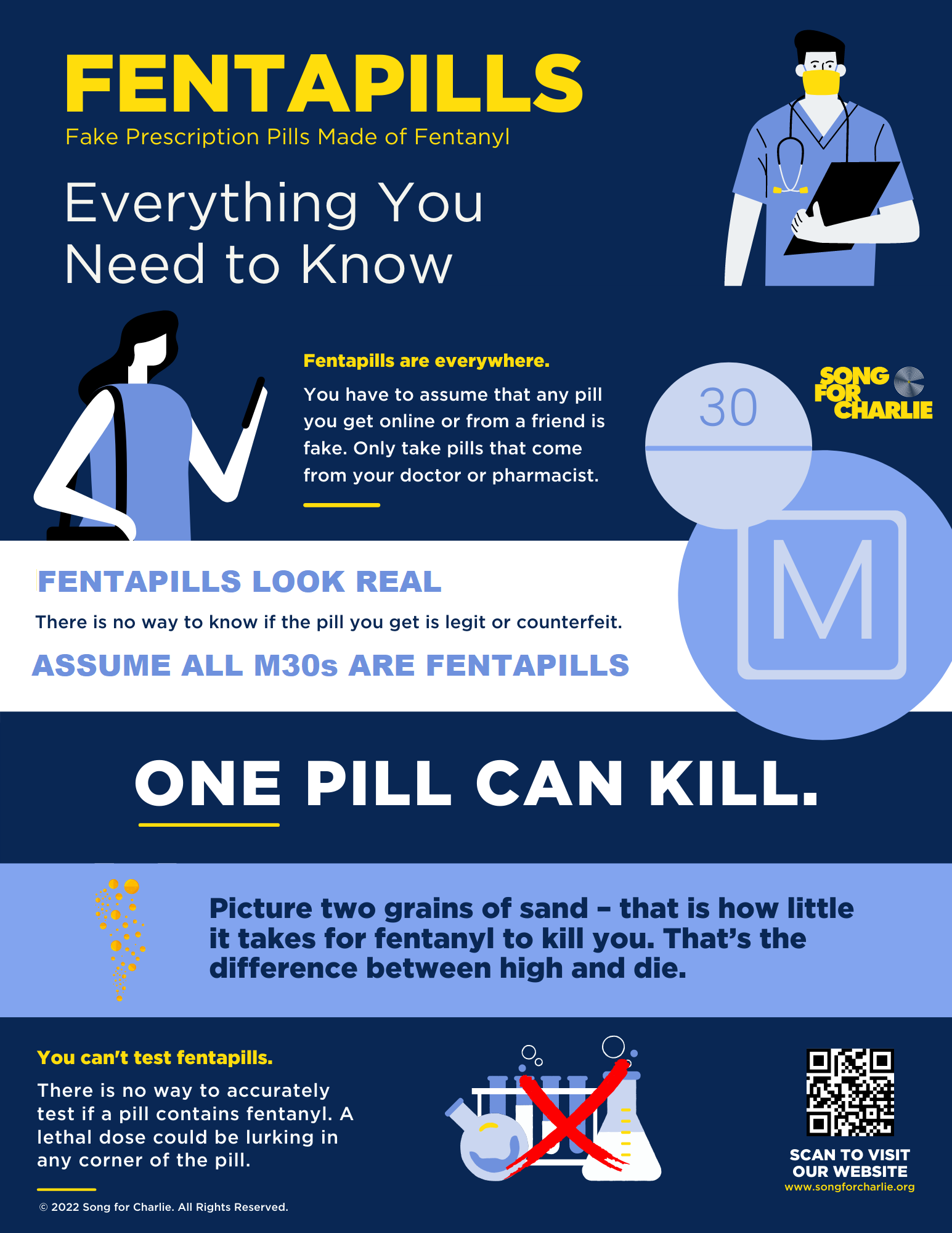The New Opioid Crisis: Counterfeit Pills

“Fentapills” Fueling Surge in
Overdose Deaths
In July 2021, 17-year-old Sebastian Kidd was preparing for soccer season and his senior year at Carlisle High School In Des Moines.
Having sustained past injuries, including several concussions and a broken collar bone, Sebastian was self-medicating with oxycodone. He took half a pill on July 29th to help him sleep.
He never woke up.
Unbeknownst to Sebastian, the pill was a counterfeit, laced with a lethal dose of fentanyl.
Unfortunately, this tragic story -- every parent’s worst nightmare – is repeated daily across Iowa. Statewide drug overdose deaths climbed more than 25 percent between 2019 and 2021, according to the Iowa Department of Public Health (IDPH). Opioid use alone claimed the lives of 258 Iowans in 2021 and just slightly fewer (238) in 2022.
Fueled by Fentanyl
According to Gabbie Ruggiero, opioid response coordinator for the non-profit Employee and Family Resources, this tragedy is fueled by the proliferation of fentanyl. “In 2021, for the first time, fentanyl in opioids were [sic] causing more deaths than meth[amphetamine],” Ruggiero said. Like Sebastian Kidd, young Iowans are purchasing “fentapills” -- drugs disguised as Xanax or Percocet that are, in fact, illicitly manufactured fentanyl pressed into pill form.
--Article Continues Below--

IDPH estimates that the number of fentanyl-related deaths jumped from 31 percent of all drug overdoses in 2016 to 87 percent of these deaths in 2021. This statewide increase corresponded with a national crisis in fentanyl overdose.
“We’re dealing with a different disease now than we were in 2018. In 2018, it was diversion of legitimate prescriptions. Now, it’s fentanyl poisoning or fentanyl murder.” - Rep. Michael Burgess, M.D. (R-TX)
In September 2021, the Drug Enforcement Administration (DEA) warned Americans about a nationwide surge in fentanyl-laced counterfeit pills, mass-produced by criminal drug networks, killing unsuspecting victims. In May 2022, the CDC reported 71,238 fentanyl-related deaths in 2021.
Saved by Naloxone
The synthetic drug naloxone (often known by the brand name Narcan®) blocks opiate receptors in the nervous system and temporarily reverses the effects of an opioid overdose.
Naloxone typically restores the victim’s normal breathing within two to three minutes. A Penn State University study has shown that naloxone administration saves the lives of more than 75 percent of opioid overdose victims.
Since 2016 Iowa pharmacists have been allowed to dispense naloxone without a prescription. This life-saving medication can be administered by anyone and is available as a nasal spray or injection. Access to free naloxone is available through Naloxone Iowa.
Governor’s Response to Fentanyl Crisis
Iowa Gov. Kim Reynolds has proposed the following changes to combat the state’s fentanyl crisis:
- Increasing penalties for the manufacture or delivery of fentanyl, including more serious charges, longer sentences, and higher fines against individuals with smaller amounts of the drug.
- Doubling or tripling sentences for fentanyl crimes involving minors or resulting in death or serious injury.
- Expanding distribution of naloxone (to reverse opioid overdose) to include all law enforcement agencies, EMS programs, fire departments, school districts, licensed healthcare providers, county health departments and the IDPH.
Source: Office of the Governor of Iowa
What Healthcare Providers Can Do
As a healthcare provider, you may wonder what you can do to protect your patients from this newest opioid crisis. Here are a few suggestions:
- Talk to your patients about the changing illicit drug supply and risks associated with fentanyl-laced counterfeit pills.
- Prescribe naloxone to patients with opioid use disorder (OUD) and individuals who use illicit drugs.
- Co-prescribe naloxone to patients receiving opioids and benzodiazepines.
- Consider shifting to a value-based care payment model. This can improve access to care for patients suffering from OUD, reducing the risk that these patients will seek illegitimate sources of medication.
- Share the following video with your families, staff and school districts:
Sources:
Featured Image: Adobe, License Granted
NBC News
CDC Health Advisory
Iowa Dept of Public Health
El Paso Times
Recent Posts












Share On: